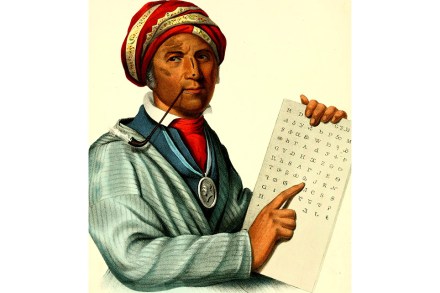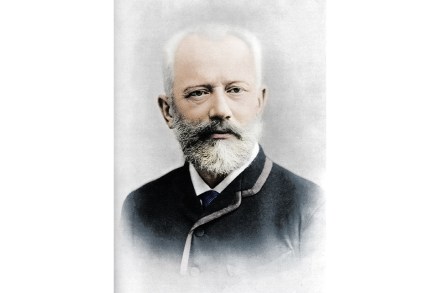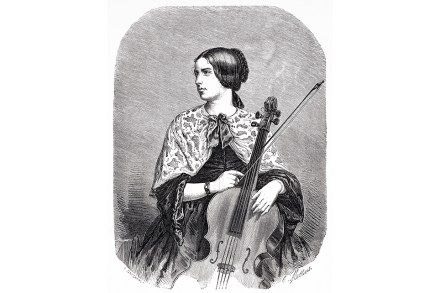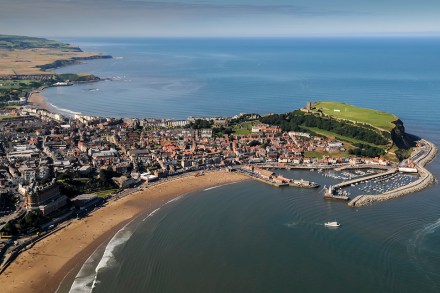Celebrating Sequoyah and his Cherokee alphabet
More from BooksThere are about 7,000 languages currently spoken on this planet. By the end of this century, all but 600 will have disappeared – the inevitable result of an unstoppable process as the last speakers of the world’s little languages die out, usually leaving no trace, for the vast majority are spoken only, with no written






























